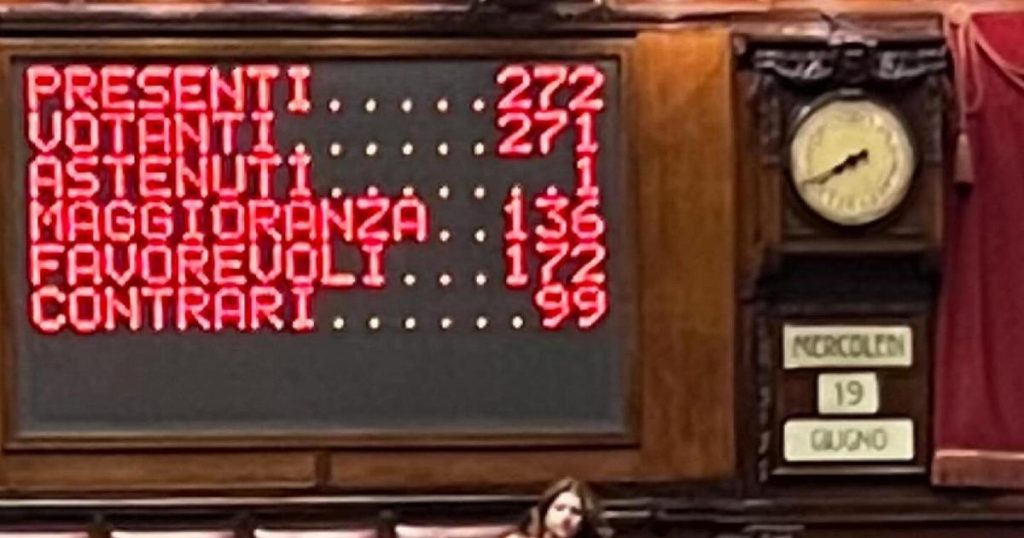The President of the Republic Sergio Mattarella has promulgated the Law on Autonomy, which includes provisions for the implementation of differentiated autonomy for Regions with ordinary statute according to the article 116, third paragraph, of the Constitution. The draft law consists of 11 articles and defines the general principles and procedures for agreements between the State and the Regions for the attribution, or revocation, of additional forms of autonomy under the third paragraph of Article 116 of the Constitution. The law allows for the negotiation of new functions to be proposed by the interested Region to the Prime Minister and the Minister for Regional Affairs, with the possibility of limiting the scope of the negotiation to certain subjects.
The issue of Differentiated Autonomy will involve 23 subjects, 3 exclusive to the State according to the second paragraph of Article 117, and the other 20 concurrent subjects are not introduced by the law under discussion but arise from the combination of the third paragraph of article 116 and the second and third paragraphs of article 117. The reform aims to grant different levels of autonomy to the various Italian Regions with both ordinary and special statutes, as well as to the Autonomous Provinces of Trento and Bolzano. The agreements between the State and individual Regions must be reached within 5 months of the Region’s request and can last up to 10 years, with the possibility of renewal. They can also be terminated with a 12-month notice period. The Law also outlines the determination of essential levels of performance (Lep) and the establishment of criteria for the uniform provision of services across the country.
In order to determine the essential levels of service, the Government has 24 months from the entry into force of the law to enact one or more legislative decrees. The transfer of functions from the State to the Regions will only be possible after the determination of the Lep and within the limits of the resources made available in the budget law. Without the determination of Lep and their financing, a Region will not be able to obtain a higher level of Autonomy. A government steering committee will monitor the transfer of responsibilities from the State to the Regions and ensure the uniform guarantee of civil and social rights throughout the country. The Government can intervene in the event of non-compliance with international treaties or community regulations, a serious threat to public safety, or the need to protect the legal or economic unity of the Republic.
With the approval of Differentiated Autonomy, the Government is delegated to determine the essential levels of performance within 24 months, while the transfer of functions related to subjects covered by the Lep can only be decided after the definition of these levels and the related costs and standard needs (and in any case after the allocation of necessary financial resources). Resources must ensure the same essential levels of performance across the entire national territory, even for Regions that have not signed the agreements, maintaining the proportionality of resources allocated to each of the other Regions, along with equalization for territories with lower fiscal capacity per inhabitant. This new legislation represents a significant step towards further decentralization and the granting of differentiated autonomy to Italian Regions.


